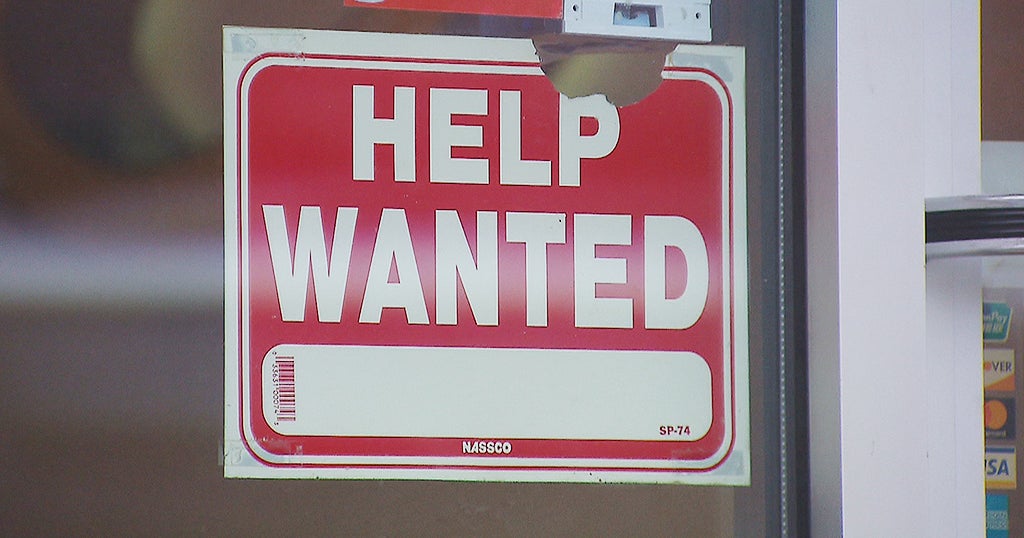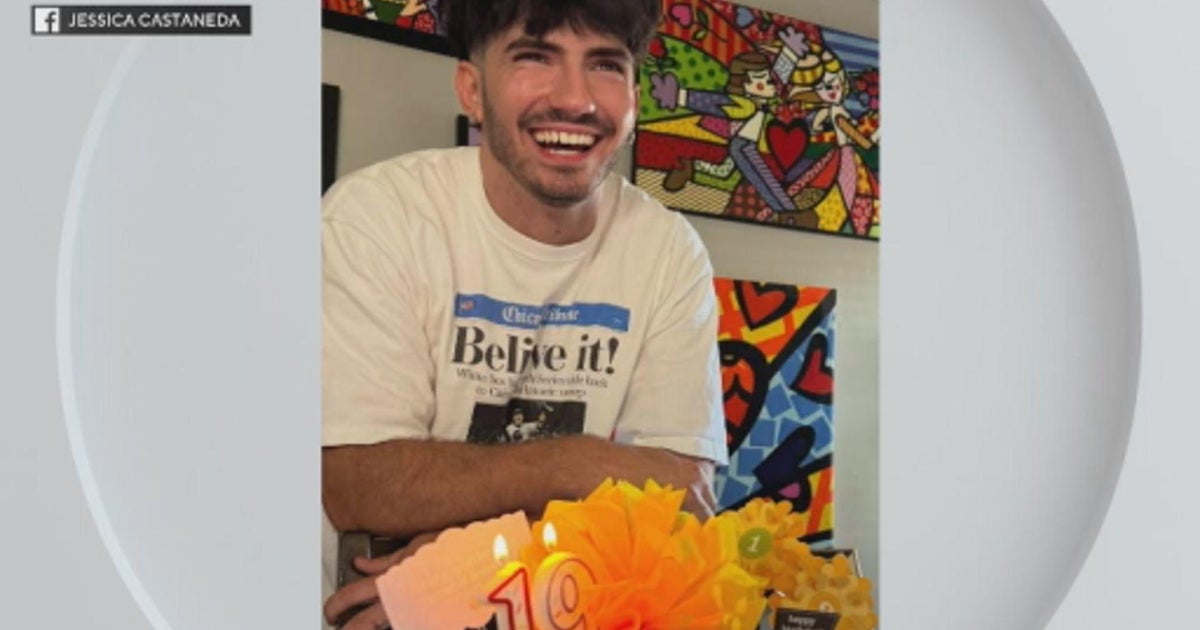Miami-Dade non-profit issues challenge, find sustainable use for Sargassum seaweed
MIAMI - For the last few months, what was a massive mat of Sargassum seaweed was heading in our direction and threatening to wash up on our shores.
The Great Atlantic Sargassum Belt stretched 5,000 miles from the west coast of Africa to the Gulf of Mexico and mats that broke off plagued some of the state's beaches for weeks in the spring and early summer.
However, last week it was announced that the threat was no more.
Scientists say the seaweed belt has suffered a mortal blow after a month of unusually strong winds from early tropical storms, according to CBS Miami news partner The Miami Herald.
The researchers believe the winds either dissipated the sargassum or made it sink.
In the Gulf of Mexico, 75 percent of it disappeared last month. In the western Caribbean, two-thirds vanished and 25 percent of the sargassum in the eastern Caribbean is also gone. Very little sargassum remained around the Florida Keys and the east coast of Florida by the end of the month.
So it appears we've dodged a bullet this year. But what about next year?
The Miami-Dade Innovation Authority, Inc. has a plan.
The nonprofit, which works to strengthen the relationship between local government and technology companies to find innovative solutions that improve the quality of life for Miami-Dade residents, has announced its first-ever public innovation challenge.
On Wednesday, it kicked off a call seeking original and sustainable uses to repurpose the Sargassum.
As part of this challenge, the MDIA will select at least three "early-to-growth stage technology start-ups" and award each $100,000 to fund "further research and development around sustainable solutions that process Sargassum in an environmentally responsible manner and prioritize the health and safety of end users," according to a statement.
The Nature Conservancy in Florida will convene experts to help evaluate and select the winning companies. They will be announced in December 2023.
"The Nature Conservancy is thrilled to work alongside the Miami-Dade Innovation Authority and Miami-Dade County, to foster community engagement and identify cutting-edge technologies that will transform this environmental challenge into a benefit in Miami-Dade and beyond. Sargassum is a vital part of a healthy ocean, but like sunlight and rainfall, too much can be harmful," said Morgan Higman, Florida Climate Strategy Director, The Nature Conservancy.
The selected companies will take part in a product testing program in Miami-Dade beginning next spring, during the onset of the 2024 Sargassum seaweed season. The MDIA will oversee each testing process and will work closely with the companies to publish a report on the outcomes and results.
"Miami-Dade County sits uniquely at the intersection of environment and innovation. We've spent over $4.2 million on Sargassum cleanup in 2022 alone. And while this naturally occurring event can disrupt our beautiful beaches, we are committed to finding environmentally friendly solutions to mitigate its impact and protect the wildlife that depends on its shelter," said Miami-Dade Mayor Daniella Levine Cava in a statement.
Sargassum plays an important role in marine ecosystems, providing shelter and food for both small marine creatures and larger fish in the open ocean, and depositing prey-rich wrack onshore for shorebirds.
However, in recent years, the periodic blooms have been increasing in frequency and size, causing large mats to accumulate along Florida's Atlantic coast, releasing hydrogen sulfide gas as it decomposes.
While it can irritate your eyes, nose, and throat, it probably won't cause any long-term health effects if you encounter it on the beach, because the fresh air dilutes the gas.
The seaweed mats also impact Miami-Dade's fishing and tourism industries, necessitating expensive collection, removal, and cleanup.




